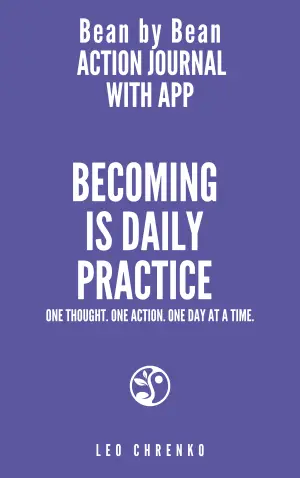I recently delved into Personal Finance for Beginners by Amy York, a title that instantly caught my eye when I found myself contemplating my own relationship with money. As someone who enjoys non-fiction and self-help genres, the promise of learning how to transform my finances while also grounding that knowledge in relatable stories and humor felt incredibly appealing.
From the very beginning, Personal Finance for Beginners sets itself apart by addressing the psychological elements of financial management. Amy York skillfully tackles limiting beliefs and money mindsets that many of us harbor without even realizing. As Anonymous pointed out, the combination of tackling these mental blockers while infusing humor makes for quite an engaging experience. I found myself chuckling at the line, "Just hearing the D-word (debt) sends shivers down spines faster than an icy Slip ‘N Slide." This light-hearted approach helped ease the often heavy subject of personal finance, making it more accessible and enjoyable.
One of the standout features of this book is its comprehensive nature. York covers a wide array of topics, including budgeting, saving, investing, and retirement planning. She provides beginner-friendly frameworks for budgeting, which I found particularly enlightening; as Mary mentioned, it’s a great starting point for anyone struggling with their finances. The actionable advice is not just theoretical; it’s practical and tailored for beginners, something that even those with little financial knowledge can grasp and apply immediately. Also, the concept of a "spending fast," compared to a dietary fast, was a refreshing perspective that made me reconsider my spending habits.
However, the book isn’t without its drawbacks. Some readers, like amo72, felt that while it does an excellent job addressing the psychological side of finance, it might be less focused on practical application in certain sections. I also noticed moments where the emphasis on mindset overshadowed actionable financial strategies, which could leave some readers wanting more concrete steps to follow.
Despite these minor shortcomings, Personal Finance for Beginners truly excels in delivering a sense of empowerment. It ardently encourages readers to shift their focus from scarcity to abundance, urging us to break free from the societal chains that limit our financial success. The notion that financial independence is within reach, no matter your starting point, resonated deeply with me.
In summary, I wholeheartedly recommend Personal Finance for Beginners to anyone looking to improve their financial literacy and adopt a healthier money mindset. The book is infused with warmth, practicality, and humor, making it not just a manual for financial freedom, but also an enjoyable read. Whether you’re a graduate stepping into the world of finances for the first time or someone who wants to revamp their financial strategies, York’s insights will prove invaluable. This book is more than a guide; it serves as a gentle yet firm push towards taking control of your financial future.








